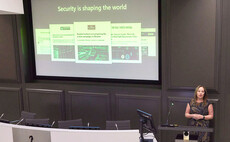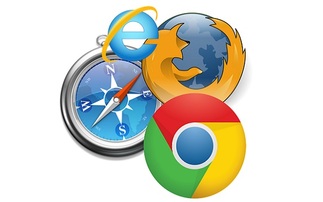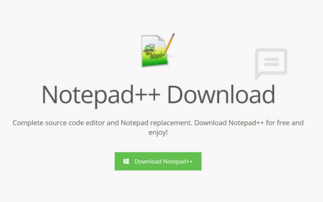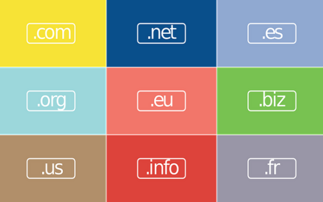Facebook has failed to use its power to make a significant dent in the enterprise collaboration space
Mark Zuckerberg is shouting from the rooftops because Facebook, for the first time in its 11-year history, has reached a billion users in one day. "On Monday, one in seven people on Earth used F...
To continue reading this article...
Join Computing
- Unlimited access to real-time news, analysis and opinion from the technology industry
- Receive important and breaking news in our daily newsletter
- Be the first to hear about our events and awards programmes
- Join live member only interviews with IT leaders at the ‘IT Lounge’; your chance to ask your burning tech questions and have them answered
- Access to the Computing Delta hub providing market intelligence and research
- Receive our members-only newsletter with exclusive opinion pieces from senior IT Leaders






















